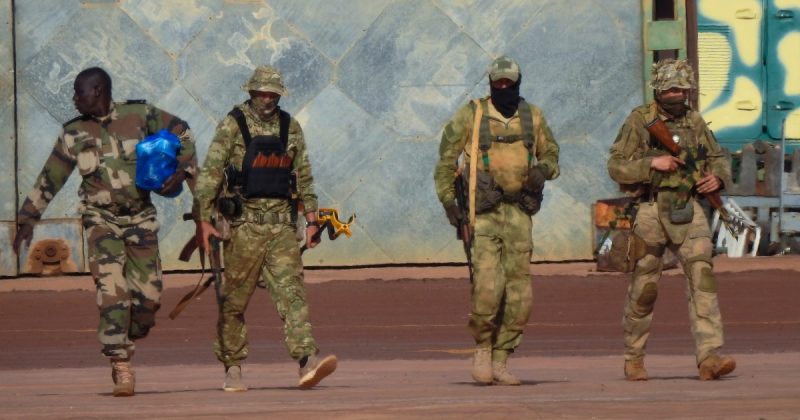
The Wagner Group, the infamous Russian mercenary outfit, has announced its withdrawal from Mali after a tumultuous three and a half years. This departure, however, doesn’t signal a complete Russian exit from the volatile West African nation. The Kremlin’s state-controlled paramilitary force, the Africa Corps, assures its continued presence, claiming the transition will be seamless.
The Wagner Group’s Telegram announcement declared ‘Mission accomplished,’ boasting of bringing regional capitals under Malian army control, pushing out militants, and eliminating their commanders. While the group claims victory, the reality is more nuanced. Recent weeks have seen heavy losses for both the Malian army and Wagner mercenaries in clashes with the al-Qaeda-linked group JNIM, a significant factor potentially contributing to the withdrawal.
The departure leaves lingering questions. The lack of a joint announcement from both Malian authorities and Wagner hints at potential internal disagreements that may have precipitated this sudden decision. Analysts suggest this shift could represent a broader restructuring of Russia’s influence in the region, transitioning from direct combat alongside Malian forces to a more focused training and advisory role.
Russia’s strategic ambitions in the Sahel are clear. As Western influence wanes, Moscow has actively sought to fill the power vacuum, initially relying heavily on Wagner mercenaries. However, the death of Wagner leader Yevgeny Prigozhin in a plane crash in 2023, following his short-lived rebellion against President Putin, prompted a strategic pivot towards the Africa Corps. This state-controlled force operates under the direct command of the Russian Ministry of Defense, offering a more controlled and less unpredictable presence.
The actual number of mercenaries remaining in Mali is unclear, with estimates around 2000, but the division between Wagner and Africa Corps personnel is uncertain. The transition, according to security analysts, likely involves the integration of some Wagner mercenaries into the Africa Corps. This shift would reflect a change in tactics, moving away from the aggressive, often brutal, tactics associated with Wagner toward a more focused training and equipping approach.
The Wagner Group’s time in Mali has been marred by allegations of human rights abuses, including summary executions and forced disappearances. International organizations and human rights watchdogs have consistently documented these atrocities, adding a layer of complexity to the narrative of the group’s ‘mission accomplished.’ The withdrawal, therefore, doesn’t erase the legacy of violence and human rights concerns associated with their presence.
The future of the Sahel remains uncertain. The departure of Wagner doesn’t necessarily mean a decrease in Russian influence; instead, it might signal a calculated shift in strategy. The Africa Corps’ continued presence, coupled with the ongoing instability in the region, suggests that the complex dynamics of power and conflict in Mali and the wider Sahel are far from resolved.










